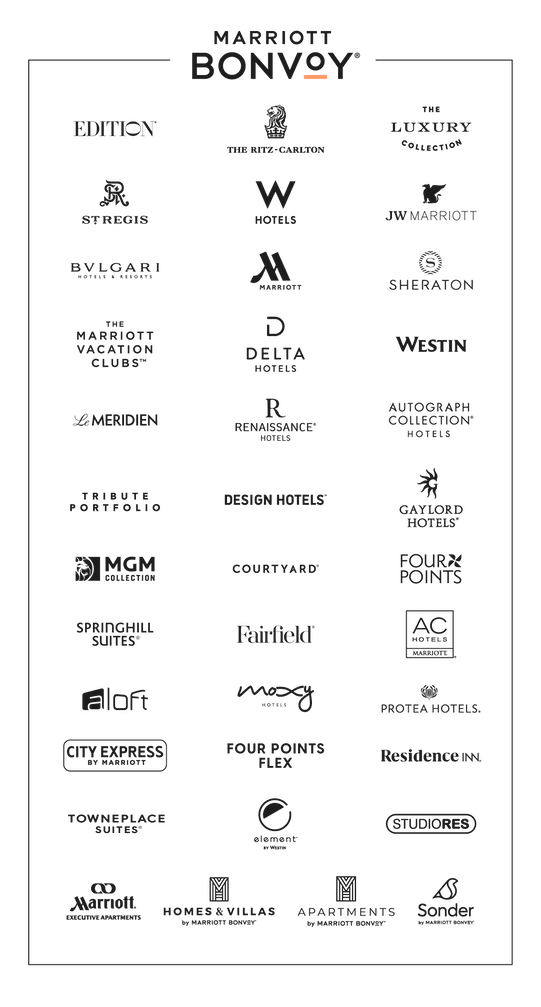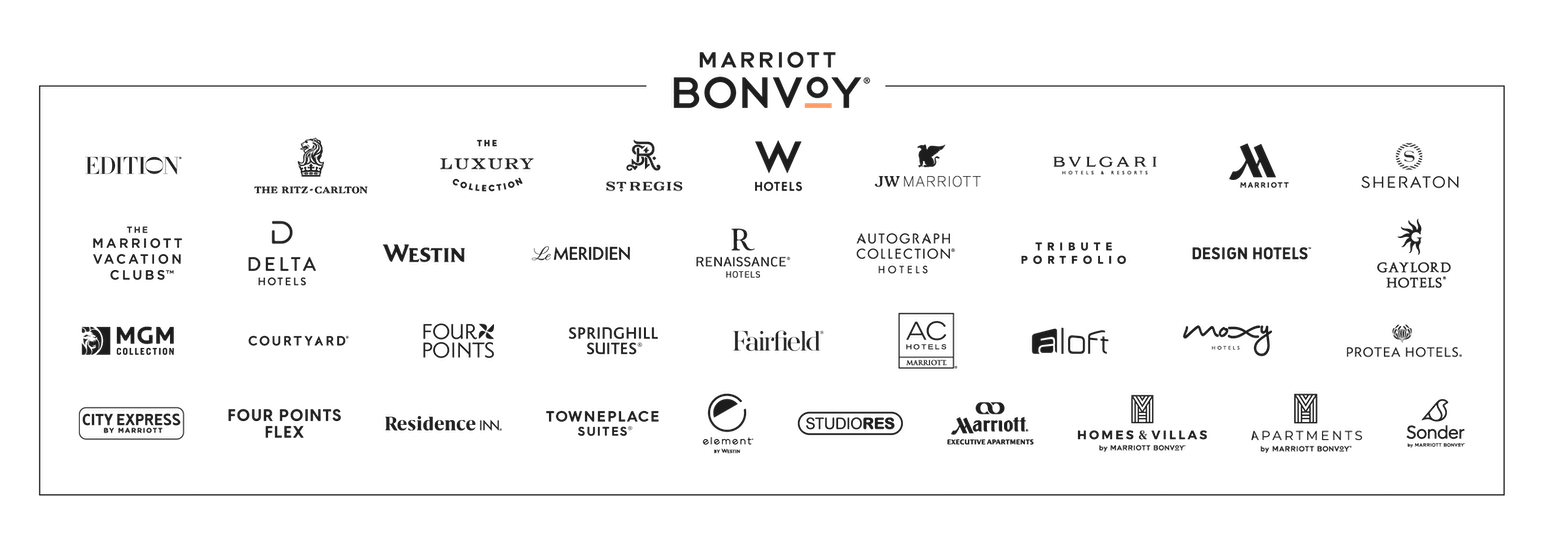Top Stress-Busting Tips for Event Planners
Event planning is a marathon—and a sprint. Juggling multiple details, tight deadlines, and high expectations can make it a struggle to keep up physically and emotionally. In fact, a 2023 survey ranked event planning as the third most stressful job globally. It’s important to acknowledge both why event planners face so many challenges and how they can make the job a little more manageable.
Read on for crucial context as well as practical, actionable strategies to help planners stay centered and relaxed, from initial preparations to the final breakdown.
It’s Not You: Event Planning IS Stressful
Event planning “is not life and death,” says Dave Lutz, managing director of Velvet Chainsaw Consulting. “But I think what people are reacting to is how much more stressful it has become for a variety of reasons.” Lutz says that what he hears from his clients (mainly large associations) is that competing priorities are causing high levels of stress. “Most associations are still recovering [post-pandemic] from a revenue point, and their expenses are up,” Lutz says. “But at the same time, attendee expectations are at an all-time high, as are demands from leadership.” That’s a recipe for stress.
Mindful Scheduling: Plan With Intention
So how can planners mitigate the pressure? In addition to contextualizing the issue, one of the most effective ways to reduce stress is through mindful scheduling. Start by breaking down your event timeline into manageable chunks, allowing for flexibility where possible. Prioritize tasks not just based on urgency but also on your energy levels. For example, if you’re more focused in the morning, tackle high-stakes tasks then and save the more routine tasks for the afternoon.
Consider using tools like time-blocking, where you dedicate specific blocks of time to certain tasks, minimizing distractions and maintaining a clear focus. By planning your day with intention, you create a sense of control over your schedule, which can alleviate the anxiety that often comes with the unpredictable nature of event planning.


Try Stress-Relief Exercises
When your schedule is packed, it’s easy to let wellness practices slide. However, incorporating simple stress-relief exercises into your daily routine can make a significant difference in your overall well-being.
● Box Breathing: Take a few moments throughout the day to focus on your breath. Box breathing is a simple yet powerful breathing technique that involves inhaling, holding your breath, exhaling, and holding again, each for an equal count, typically four seconds. This method helps increase focus and promote a sense of calm.
● Stretching: Incorporate quick stretches into your day to release physical tension. Whether it’s a neck roll or a quick stretch of your arms and back, these small movements can help reduce the stiffness that comes from long hours at a desk or on your feet.
● Short Walks: Whenever possible, step outside for a short walk. Even five minutes of fresh air can clear your mind and boost your mood, making it easier to return to your tasks with renewed energy.
Allow Time to Unwind
Of course, an event planner’s job doesn’t stop once the event does. There’s breakdown, follow-ups, and often a flood of emails waiting for you. This is why post-event decompression time is a must.
Consider establishing a post-event ritual that signals the end of the intense period and allows you to transition back to your regular routine. This could be as simple as a quiet dinner, a relaxing bath, or even a short getaway if time permits. The key is to create a clear boundary between the event and your personal time, allowing your mind and body to recover.


Delegate and Collaborate: You Don’t Have to Do It All!
Event planners often feel the need to manage every detail personally, but effective delegation is essential for reducing stress. Identify tasks that can be handled by team members or vendors and trust them to execute these responsibilities. Not only does this lighten your load, but it also fosters a collaborative environment where everyone feels empowered and engaged.
Collaboration also extends to your clients. Setting clear expectations and maintaining open communication can prevent last-minute changes that lead to unnecessary stress.
Stay Ahead of Industry Trends During Downtime
Keeping up with industry trends can also reduce stress by ensuring you’re prepared for whatever challenges come your way. Attend workshops, webinars, and conferences to stay informed about the latest tools, techniques, and trends in event planning. Being proactive in your professional development can boost your confidence and equip you with new strategies to handle the complexities of the job.
Whether it’s starting a meditation practice, booking a massage, journaling, or simply taking the day off to recharge, take an opportunity to focus on yourself—and your well-being. Remember, regardless of the job, your well-being always comes first.

